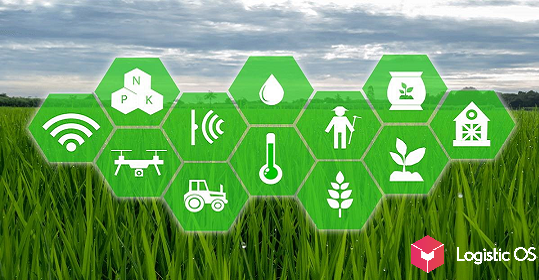In the Krasnodar Territory, they plan to build another refinery, but there are doubts about whether it will be in demand.
The Nashe Maslo company recently announced plans to build a new facility in the region.
It is assumed that it will create up to 280 new jobs, and investments will be required in the amount of about 2 billion rubles. The company plans to put the facility into operation in 2025-2026.
At the same time, as soon as it became known about such plans, it immediately aroused criticism.
Tatyana Kozlova, Senior Project Manager of the Valuation and Financial Consulting division of the SRG group of companies, believes that the enterprise may simply not have a job, since there are a sufficient number of oil refineries in Russia, there is a surplus of capacities, so the new plant may simply not have enough raw materials.
Not to mention the fact that the company was founded quite recently and does not have any oilseeds of its own, which would allow it to load the plant with work without entering the market in search of raw materials.
Not only that: experts believe that 2 billion rubles is not enough investment to create a facility for 280 jobs. In general, the project looks rather opaque and dubious.
Sunflower production grows in Russia
Over the past season, it can be collected in total over 15 million tons.
This is a record harvest, which will allow oil refineries to be loaded with work to the maximum.
According to Vladimir Petrichenko, General Director of the analytical company ProZerno, this year the production of vegetable oil can reach 6.3 million tons, while last season it was about 5.8 million tons.
The problem is that even with a record harvest, Russian refineries seem to be doing well anyway. This in itself is good, but exacerbates the question of whether there will be work for new similar objects if they are built.
At present, Kirill Lozovoy, an analyst at the OleoScope information and analytical agency, believes that Russian refineries can process up to 29 million tons of raw materials per year.
And this is twice as much as the entire volume of the same sunflower harvested in Russia. So the capacity reserves are still quite enough for both soybeans and rapeseed.
At the same time, the volume of production of vegetable oils is growing from year to year, and at a fairly high rate: up to 6% per year. Including, and thanks to the emergence of new objects.
Taking into account the high world prices for oil, as well as the limits set by the government for the export of sunflower seeds, the operation of the refineries becomes quite profitable.
But whether there is enough space in this market for new players, only time will tell.

